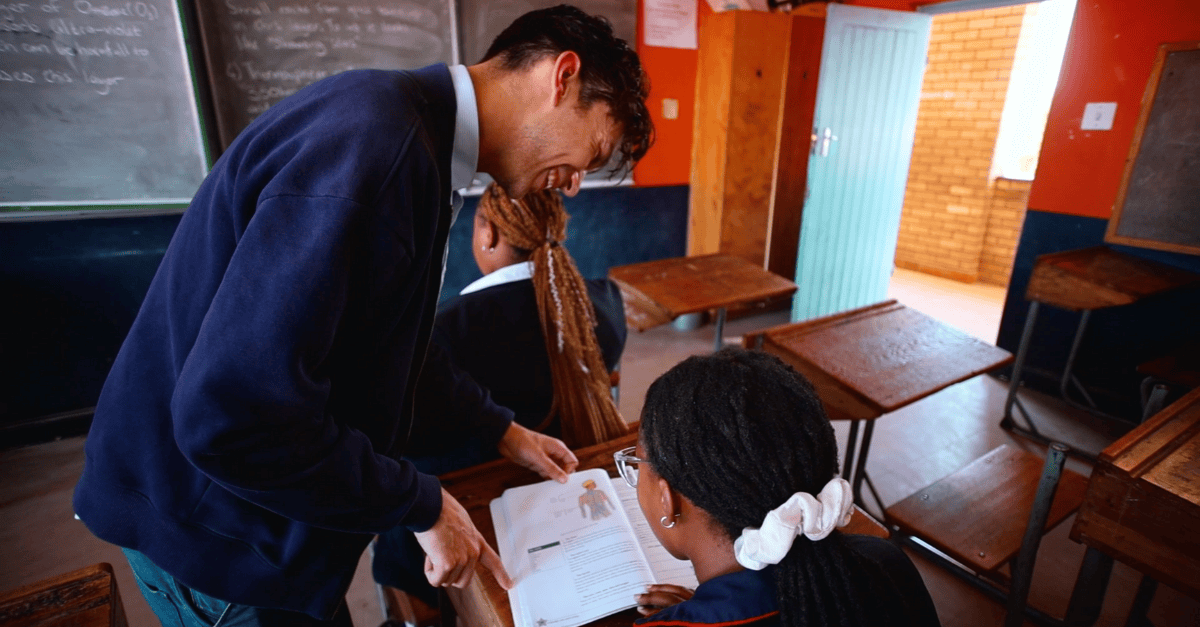Key Takeaways from South African EdTech Week 2025

From October 28–30, 2025, the South African EdTech Week, hosted by Injini in partnership with the Mastercard Foundation, brought together educators, investors, policymakers, and innovators to tackle a crucial question: How do we build EdTech readiness in under-resourced contexts?
The annual convening focused on moving EdTech from hopeful pilot to scalable, impactful solution by examining the behavioural, infrastructural, policy, and cultural conditions that enable adoption. The core insight of the week was that technology alone cannot solve complex challenges; success requires aligning solutions with the realities of those who use them.
The Human Element: Teachers and Trust
Day one immediately shifted the focus from devices to people. Fresh research and practical findings highlighted that teacher motivation is primarily learner-outcome driven. This is a key takeaway for developers: any EdTech solution must be tied directly to demonstrable student progress to gain buy-in.
The often-cited "technophobia" in seasoned teachers was reframed, with panellists suggesting this reluctance is a critical, experienced lens where teachers demand evidence that a new tool will genuinely work before investing their limited time. To address this, a core challenge identified was the need to scale individualised teacher support and training, not just the technology itself, to help teachers integrate EdTech lesson-by-lesson.
Trust was also emphasised as a foundation for all innovation on day three. Bushra Razack, CEO of Philippi Village, underscored that meaningful development and technology adoption begin with trust, empathy, and community involvement, not infrastructure or capital.
The Systemic Hurdles: Capital and Policy
Day two dove into the systemic barriers and collaborative solutions for scale.
Alan Knott-Craig, Founder of Fibertime, delivered a powerful message that the lack of affordable, high-quality internet is a factor that actively increases the opportunity gap and caps the entire Total Adjustable Market (TAM) for EdTech. He stressed that fibre is essential, and the challenge is fundamentally about capital to fund large-scale infrastructure projects, urging entrepreneurs to anticipate this massive market growth.
Government’s role as a system enabler was also examined, with the Department of Basic Education (DBE) highlighting its Digital Education Transformation Strategy and the need for ethical, collaborative use of data. The effective use of information systems is now viewed as strategic, driving transformation that is evidence-based and responsive to real learning needs.
The Final Call: Intentional Inclusion
The week culminated with a clear message from Eliud Chemweno of the Mastercard Foundation: Intentional Inclusion is the Moral and Strategic Imperative. He stressed that the ecosystem must actively move past the "comfort zone" of serving the connected and privileged.
True inclusion means designing solutions explicitly for the marginalised, displaced, and those lacking infrastructure or data. The powerful final warning for the week was: "Innovation without intentional inclusion is just another way of serving those who already served".
Watch this video for some key highlights from the event.



.png)